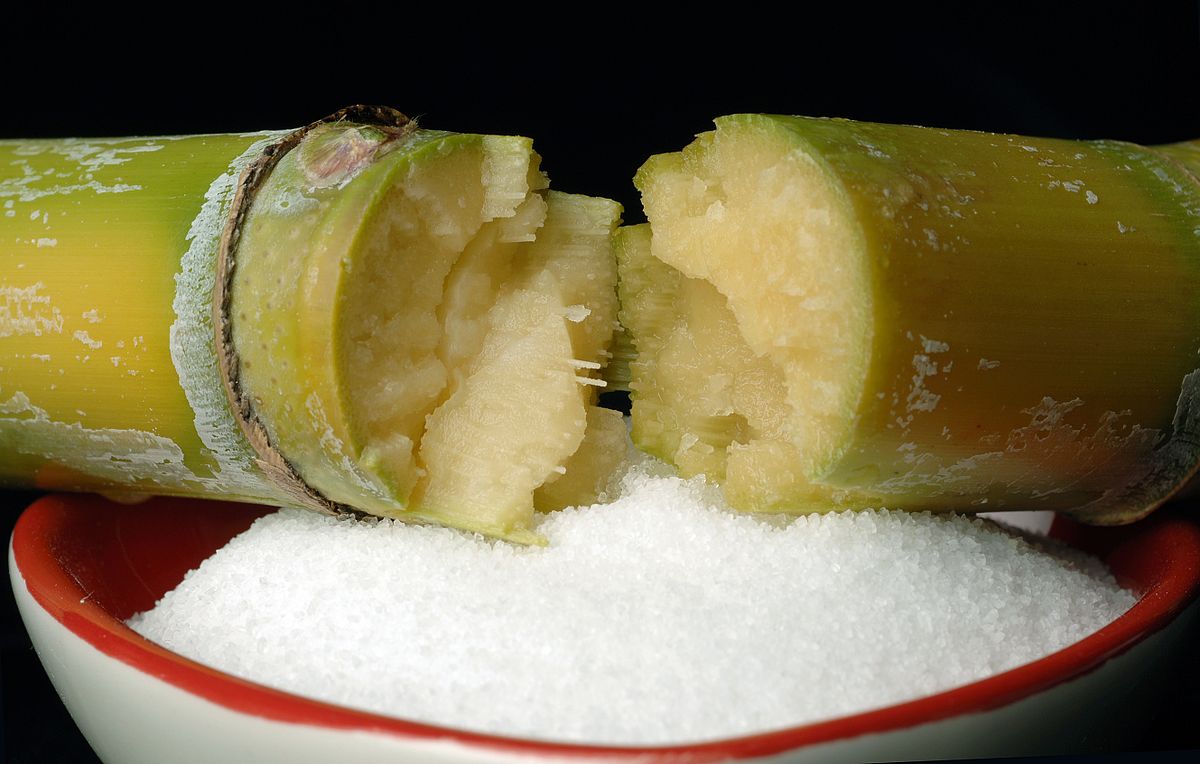A Comprehensive Introduction of the Health And Wellness and Economic Effects of Walking Stick Sugar Handling on Local Neighborhoods
Walking cane sugar processing plays a critical duty fit the economic landscape of regional areas, offering job opportunity and stimulating ancillary sectors. Nonetheless, the health ramifications related to high sugar usage can not be forgotten, as they add to increasing rates of excessive weight and diabetic issues. This nuanced vibrant welcomes a crucial evaluation of exactly how areas can maximize financial gains while resolving the pressing health challenges they face. The expedition of educational efforts and sustainable techniques might simply hold the trick to resolving these contrasting interests. What strategies might communities apply to achieve this balance?
Financial Benefits of Walking Stick Sugar Handling
Walking stick sugar processing supplies substantial financial advantages that prolong beyond the instant agricultural sector. The farming and processing of sugarcane produce various job possibilities, from farming to manufacturing and distribution. This employment generation not just supports local economic climates however likewise fosters community advancement by supplying steady income resources for family members.
Additionally, the sugar industry promotes supplementary businesses, consisting of transportation, equipment supply, and packaging solutions (Cane Sugar Processing). As these markets expand, they contribute to an extra robust economic structure, improving general neighborhood resilience. The export possibility of processed walking cane sugar even more amplifies economic benefits, placing areas as competitive players in international markets
Investment in contemporary handling facilities can cause increased efficiency and performance, thus decreasing waste and enhancing source use. This change not just benefits the regional economic climate yet likewise supports sustainability initiatives by reducing ecological impacts.
Moreover, the earnings created from walking cane sugar processing can be reinvested in local infrastructure, education, and medical care, promoting holistic neighborhood growth. Generally, the financial advantages of walking cane sugar handling are multifaceted, offering a foundation for enduring success in farming areas.
Health Dangers Connected With Sugar Consumption
Too much sugar usage positions significant health risks that necessitate significant attention. High consumption of included sugars, especially from processed foods and beverages, has been connected to many health and wellness problems.
Furthermore, high sugar intake is related to heart disease. Elevated blood sugar level degrees can result in insulin resistance, a precursor to different heart-related issues. In addition, sugar can have destructive impacts on dental health and wellness, causing dental caries and periodontal condition, as germs in the mouth grow on sugar, generating acids that wear down tooth enamel.
Furthermore, emerging study recommends a potential link in between high sugar intake and mental wellness disorders, such as clinical depression and anxiousness. As neighborhoods face these health dangers, it comes to be important to promote understanding and motivate much healthier nutritional selections. Attending to sugar intake is crucial not only for specific health and wellness yet also for the general wellness of neighborhood communities, stressing the requirement for thorough public health and wellness approaches.
Environmental Effects of Sugar Production
Frequently forgotten in discussions regarding sugar's effects is the significant environmental effect of sugar production. The cultivation of sugarcane commonly demands comprehensive land usage, leading to deforestation, loss of biodiversity, and disruption of neighborhood ecological communities. The conversion of woodlands and marshes right into sugar plantations can result in habitat destruction, harmful numerous varieties and altering eco-friendly balance.
In addition, sugar production is resource-intensive, consuming substantial amounts of water for watering. This can bring about deficiency of regional water sources, detrimentally affecting both farming methods and community accessibility to clean water. Additionally, the use of chemical fertilizers and pesticides in view it now sugarcane farming can contribute to dirt deterioration and water contamination, as drainage from these chemicals goes into nearby rivers and lakes, influencing water life and human health and wellness.
The ecological impact extends to the handling stage, where energy intake and waste generation additional aggravate eco-friendly worries. Air contamination from melting sugarcane fields, along with greenhouse gas exhausts, add to environment change. As such, the ecological implications of sugar manufacturing warrant significant consideration, prompting stakeholders to adopt even more sustainable methods to mitigate these negative results on regional ecological communities and neighborhoods.
Work Production and Community Growth
The environmental difficulties posed by sugar production are frequently counteracted by its potential for economic benefits, especially in work development and community growth. The walking cane sugar industry functions as a substantial source of work in numerous country locations, giving jobs across various skill degrees, from agricultural labor to processing and circulation duties. This employment not just supports private family members however additionally adds to the overall economic vitality of neighborhood communities.
In addition, the facility of sugar processing centers boosts supplementary companies, such as transportation solutions, equipment supply, and maintenance service providers. As these organizations prosper, they develop added work and bolster neighborhood economic climates. The profits produced from the sugar market read additionally results in boosted tax obligation profits, which can be reinvested right into community services such as education, healthcare, and facilities advancement.
Furthermore, the sugar market commonly engages in neighborhood development initiatives, such as sustaining regional schools and wellness programs, consequently improving the quality of life for residents. By cultivating strong neighborhood ties and advertising financial growth, the cane sugar handling industry plays a vital duty in uplifting neighborhood populaces, making it a necessary element of lasting advancement strategies in sugar-producing areas.
Harmonizing Wellness and Economic Development
In browsing the intricacies of walking cane sugar processing, a crucial obstacle lies in stabilizing health factors to consider with economic growth. The sugar industry significantly adds to neighborhood economic climates by producing jobs, stimulating associated fields, and enhancing tax incomes. Nonetheless, the health and wellness effects connected with extreme sugar intake can lead to chronic conditions such as obesity, diabetes, and cardiovascular problems, which can concern public wellness systems and diminish workforce efficiency.

Moreover, governing structures can play a critical role in leading sector practices in the direction of even more health-conscious and sustainable strategies. By fostering collaboration in between federal government bodies, wellness companies, and the sugar market, areas can browse the duality of health and financial development, guaranteeing that the benefits of walking stick sugar processing are equitably shared while focusing on public wellness.
Verdict
Finally, the handling of this hyperlink walking stick sugar offers both substantial financial benefits and noteworthy wellness threats for local areas. While it fosters work creation and stimulates local growth, the involved health and wellness worries, specifically pertaining to weight problems and diabetic issues, necessitate a cautious balancing act. By promoting accountable usage and investing in neighborhood education and sustainable practices, it is possible to maximize financial advantages while lessening damaging wellness results, consequently making sure a much healthier future for neighborhood populaces.
Furthermore, sugar can have harmful effects on oral health, resulting in dental caries and periodontal illness, as bacteria in the mouth thrive on sugar, producing acids that deteriorate tooth enamel.
Attending to sugar consumption is vital not only for individual wellness yet likewise for the general wellness of local areas, highlighting the need for extensive public health approaches.
Often neglected in discussions about sugar's effects is the considerable ecological effect of sugar production. The health effects associated with too much sugar consumption can lead to persistent illness such as obesity, diabetes mellitus, and cardiovascular concerns, which can problem public health systems and lessen workforce efficiency.
